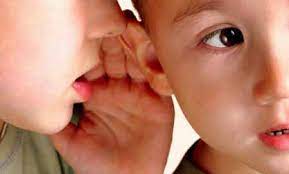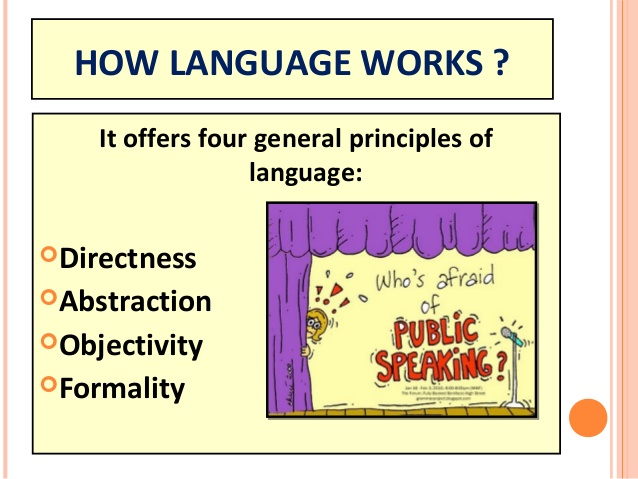One of the most important questions about language concerns exactly How Language works , store and retrieve information so that we can speak and write. There is no easy answer, but two suggestions have been made:

Reappearance:
You know that as far as remembering is concerned in our life, we do store certain experiences . If someone asked you right now to recall the first time you gave a talk before a group, you could recall (if you wanted to!) the complete event. In this sense remembering amounts only to stirring up something that already exists. That ‘memory’ simply reappears. This is one theory as to how language may be stored, but it has some severe limits.
Utilization:
There is another possibility. Perhaps we don’t actually just ‘report’ on our memory as if viewing from the outside some event stored as whole within us. We may store only a few elements of an event — just the traces of it (as separate ‘bones’, which need to be combined so, we might view memory as a process of reconstruction. There is an easy way to demonstrate this for you. Was the doorknob on the outside of the door you used most often going into the house where you lived three homes back on the right or the left? Now that’s not something you are likely to have bothered to remember.
But in recalling the answer — we assume you were able to answer correctly! You probably just reconstructed a mental image of the entry way. You may have positioned trees or plants, entry steps, railings and so forth. From this array you logically determined which way the door had to open. From that you deduced where the knob had to be. If that described what you did — as it does for many of us — then you have just experienced memory as an act of reconstruction.
How Language Works for People.

What has this to do with language works? Everything! There are performance limits. We worry there about how much we can learn and what circumstances leads to the best learning and recall. Here we are more concerned with the actual strategies we use internally as we listen and speak. The problem is easy to illustrate. We learned earlier that our total vocabulary is rather limited — perhaps an adult can recognize 100,000 words. Despite this, we almost never create new words. Most of the sentences we hear (or say ourselves) don’t contain new words.
Yet we are constantly making up new sentences. Our storage of words in our memory may be quite limited, but the contribution of sentences we might produce is almost infinite. You are not supposed to read the sentence before exactly like the one you are in the midst of now, yet you understand this sentence with little difficulty. That’s the challenge for psycholinguists scientists who study language.
Psycholinguists might be described as doing the reverse of what paleontologists do. Paleontologists start with skeletons and use knowledge about muscles and bones and body structure to create models of what prehistoric animals may have appeared. Psycholinguists do the reverse with language. They must develop a system that will allow us to understand how even when as young as age five or six. We comprehend sentences we have never heard before.
